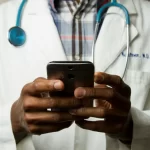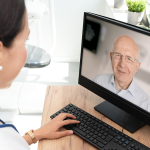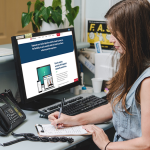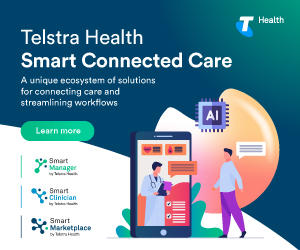Security-savvy email habits for healthcare
In an increasingly digital environment, medical practices are using email communication more than ever before. In this article, we uncover a range of key email security habits your practice can take to help prevent your data or systems being compromised.
Make email security a priority
Globally, 300 emails are sent every day. Alarmingly, 60% of those are spam, many of which are ‘social engineering’ scams, and contain viruses or malware.
And businesses are just as vulnerable as individuals. In 2017, research revealed a business was subjected to a ransomware attack every 40 seconds. Meanwhile a 2017 global study revealed 75% of all workplace data theft was personal data.
Be proactive about protecting your practice
Daily habits can make all the difference, so ensure you have the right training, policies and frameworks in place within your practice so everyone understands safe and secure email protocol – including visiting doctors or casual staff.
Simple habits to help protect you and your practice:
- Use strong passwords and change/update regularly
- Never click on ‘suspect’ links
- Report any suspicious emails
- Always verify emails that request unexpected payments
- Look out for inconsistent or odd spelling and grammar
- Always use a reputable anti-virus and anti-malware software
- Avoid plugging an unknown device into a computer, laptop of mobile device that is used for any work-related activity.
Consult the right resources
There are a number of helpful government and industry body resources that can help you gain a deeper understanding of secure email protocols within your practice:
- ‘Protect Your Healthcare Business’: Information security guide
- Easy to read email safety tips from Technology Safety Australia
- A range of helpful security and safety resources from Security Colony
- RACGP produces a number of helpful guides to secure use of email communication:









